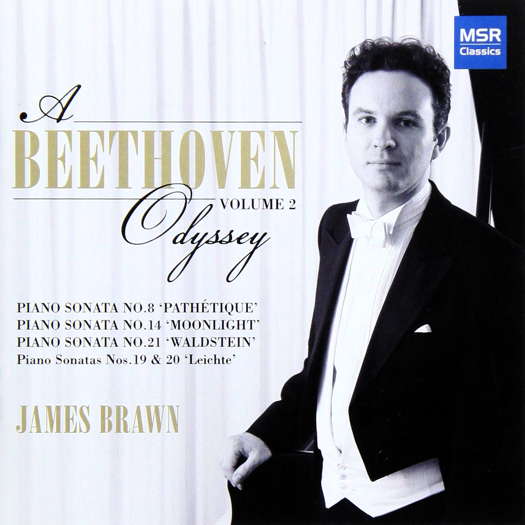 SPONSORED: CD Spotlight. Perfect Indeed - More Beethoven from James Brawn, recommended by Andrew Schartmann.
SPONSORED: CD Spotlight. Perfect Indeed - More Beethoven from James Brawn, recommended by Andrew Schartmann.
All sponsored features >>
Giulio Caccini
Italian composer, musician, teacher and writer Giulio Caccini was born on 8 October 1551, probably in Rome into a family of sculptors and carpenters. Studying harp, lute and viol, he began to be noticed as a singer, and was taken to Tuscany to sing tenor at the Medici court. He took part in the Renaissance intermedi and was a member of the Florentine Camerata.
His progressive stile recitativo was popular in Florence and Venice, and he is best known for Le nuove musiche - two of the first published collections of monodies (or affetto cantando - passionate singing) and songs. Probably the most famous of these songs is Amarilli, mia bella. Caccini also wrote music for three operas. He is also known for his influence as a teacher, and for being the first to notate basso continuo figured bass in stile moderno.
Giulio Caccini was buried on 10 December 1618, aged sixty-seven.
A selection of articles about Giulio Caccini
Caccini - A classical music word-puzzle by Allan Rae
Ensemble. Music and Art - Karen Haid experiences Roma Opera Omnia
CD Spotlight. A Mixed Bag - Boston String Quartet's 'Xibus', reviewed by Howard Smith. 'What all this signifies is not at all clear.'
CD Spotlight. Stylistic Eloquence - Italian arias and madrigals, recommended by Maria Nockin. '... performed with accuracy and grace.'


